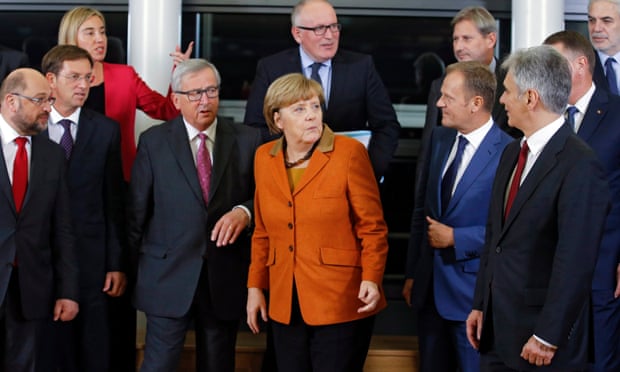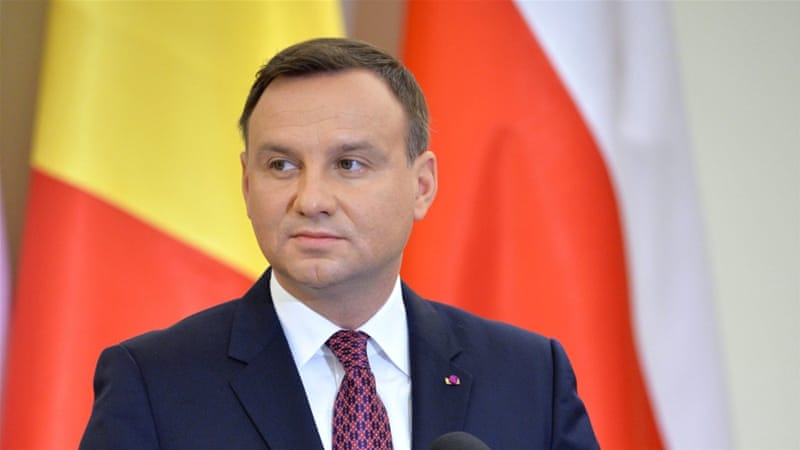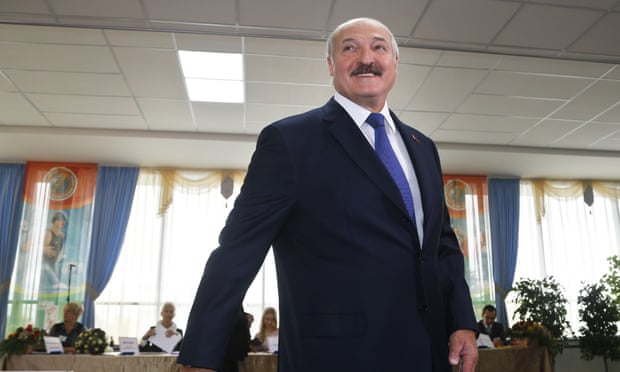by Shelby Vcelka
Impunity Watch Desk Reporter, Europe
BRUSSELS, Belgium–
European leaders have met in Brussels to try to agree on a plan to deal with the large numbers of refugees making their way through impoverished Eastern European countries. The plan that was outlined before the conference began propositioned that Balkan and other Eastern European countries should stop allowing asylum seekers to cross the borders into neighboring countries without acquiring some kind of agreement on a quota system. It also included measures to send approximately 400 border guards to Western Balkans nations, and more maritime support off the coast of Greece within the next week. The European Union would also be tasked with speeding up repatriations of Afghans, Iraqis and others affected by war if their asylum claims were rejected.

The European commission president, Jean-Claude Juncker, put the plan together and designed it to stem the flow of refugees through the Balkan and Central European “safe zone” towards Austria and Germany. The borders put up by Eastern European countries, Juncker reasoned, had already compromised the Schengen visa-free zone, and this plan would help stop the rising tensions between neighboring countries in an already unstable region. “If we do not deliver some immediate and concrete actions on the ground in the next few days and weeks I believe the EU and Europe as a whole will start falling apart,” he said.
As the cold weather approaches, both the EU member nations and international aid organizations are increasingly concerned about how the already overwhelmed countries will provide aid. Medecins Sans Frontiers warned of coming frostbite and announced an critical need for food, warm shelters, and shower facilities at major transportation locations. Additionally, the UN has drawn up plans to distribute thousands of winter and raincoats, tarps, and socks to migrants in south Eastern Europe. Already, the temperatures have dropped to below freezing levels at night. The movement of refugees is not expected to slow once the cold weather arrives. “Every day counts. Otherwise we will soon see families in cold rivers in the Balkans perish miserably,” Juncker said in an interview.
The summit was a move by Juncker and the German Chancellor, Angela Merkel, to raise pressure on the European states to coordinate on the migrant crisis and stop fighting between them. The hope was to help manage migration flow in a humane way.
For more information, please see—
Reuters– EU’s Juncker summons leaders over Balkan refugee crisis— 21 October 2015
BBC– Migrant crisis: Emergency talks on Balkans under way— 25 October 2015
The Guardian– European leaders discuss refugee crisis at tense Brussels summit— 25 October 2015
The Telegraph– Refugees will freeze to death, warn EU head— 25 October 2015
U.S. News & World Report– EU leaders exchange barbs at migrant summit as refugees march by the thousands across Europe— 25 October 2015



